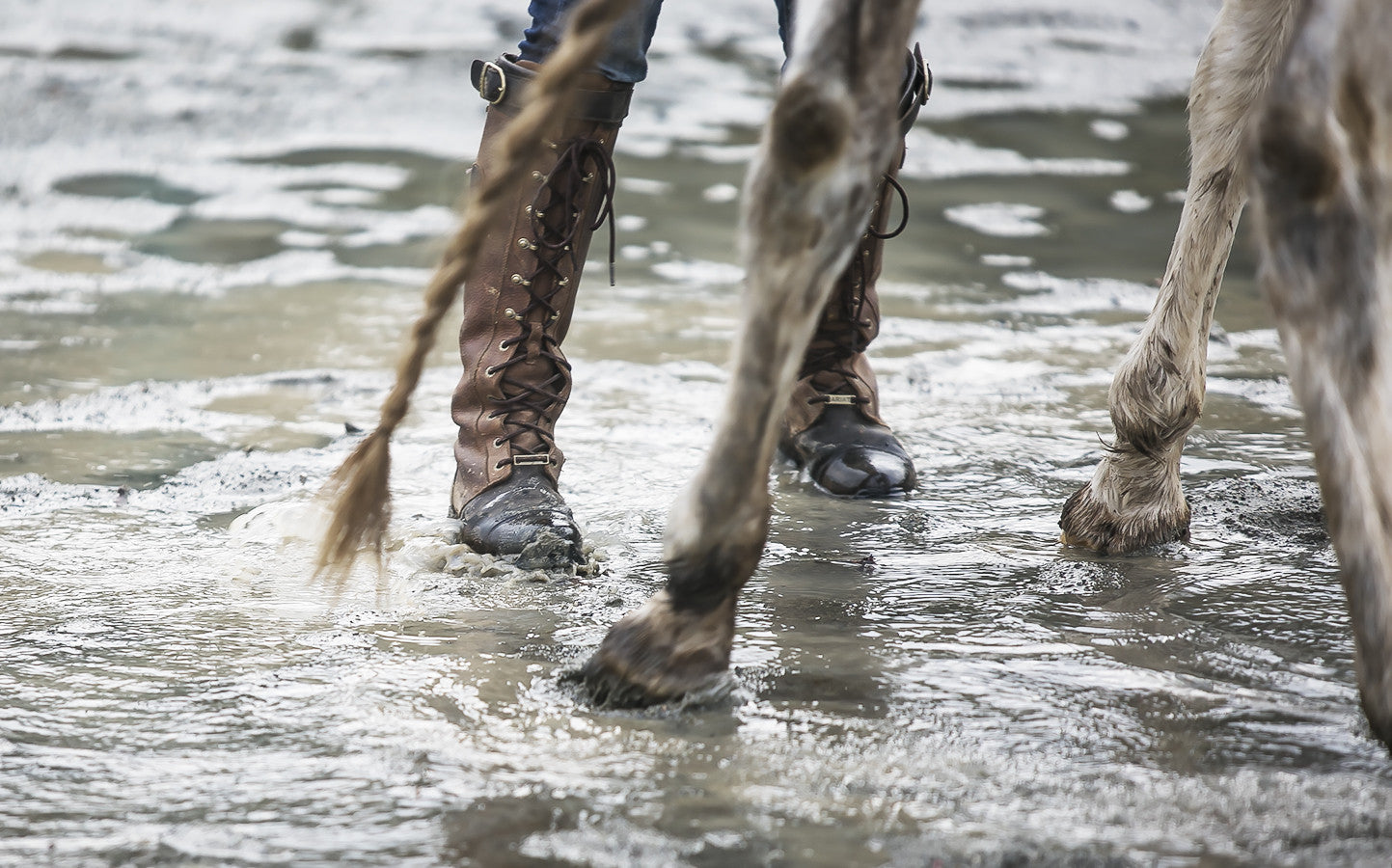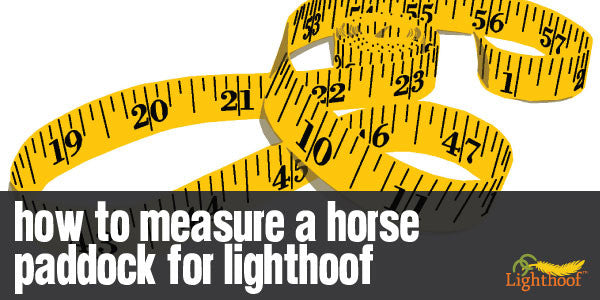In last month’s Monthly Mud FAQs, we addressed some risk factors that the discerning farm owner should be aware of. Now that you’ve got a handle on the risks, we’re here to help you find solutions to mud management that will save you time, money and frustration going forward.
Footing
We gave you some insight on the best footings for your farm and arenas last month, and it’s worthwhile to do some research into what type of footing is best for your farm. Many factors can come into play here: the type of soil/sand you have as a base, the amount of precipitation your area receives each year, the temperatures throughout the year, and much more. When deciding on a footing for your farm, make sure you take into account your location - not every footing choice is meant for every weather condition. Choose wisely and you will find that quality footing helps keep mud down in the wettest of conditions. If you're looking for a good place to begin or further your footing search, we've got a great resource on our website here.
Activity
What sort of equine activities are happening at your farm? The more traffic you are hosting on your footing, the more likely it is that your risk factor for mud and, in dry conditions, dust, will occur. So when you’re buying or building a facility, pay close attention to the layout and flow of the property. Can the property sustain the amount of traffic that you foresee? Do you have the ability to control the amount of use a paddock or pasture gets and rotate or use them smartly so as to prevent mud and dust? Not overrunning your pastures is a key factor to preventing mud, and if you are running a heavy traffic facility, taking care to properly maintain these areas will go far.
Equipment
Lastly, what sort of protocol have you taken to prevent mud in your paddocks and pastures? Certainly there are a lot of factors to take into account, but there are also several products on the market that can assist you in the long term. For example, Lighthoof’s thin-walled plastic panels can serve as a support system for your footing to prevent washaway in wet conditions. Our panels are EPA certified for at least a 70 year lifespan and also chemically inert, which means that the material in them will not degrade your soil over time.
Additionally, having the proper equipment to water and/or drag your surfaces is important. Take into account the type and depth of footing that you have when selecting heavy equipment to use for maintenance. The last thing you want is to erode your footing so that the quality is sacrificed - a decrease in footing/soil quality can lead to massive mud issues going forward.
As always, there are countless factors to consider when it comes to successfully maintaining your property - and managing the footing is just one piece of the puzzle! Fortunately, there are plenty of resources available to help you become a stress-free farm owner.



Leave a comment
This site is protected by hCaptcha and the hCaptcha Privacy Policy and Terms of Service apply.